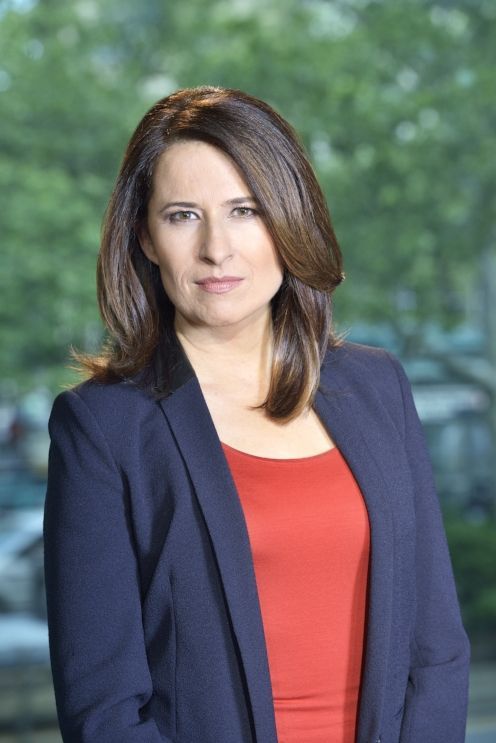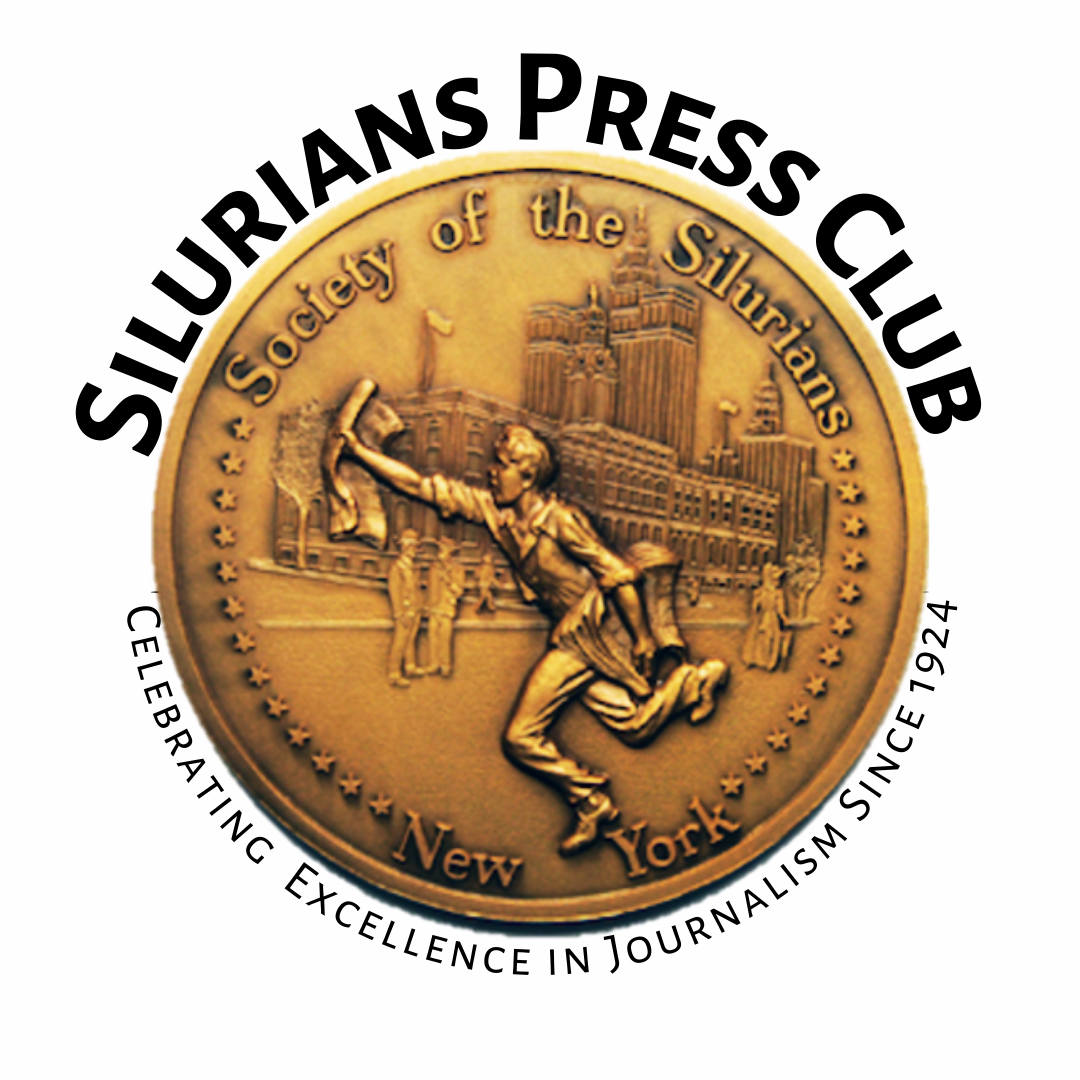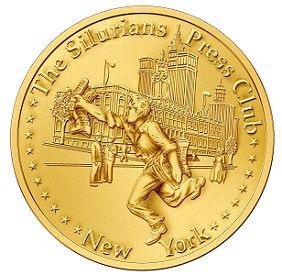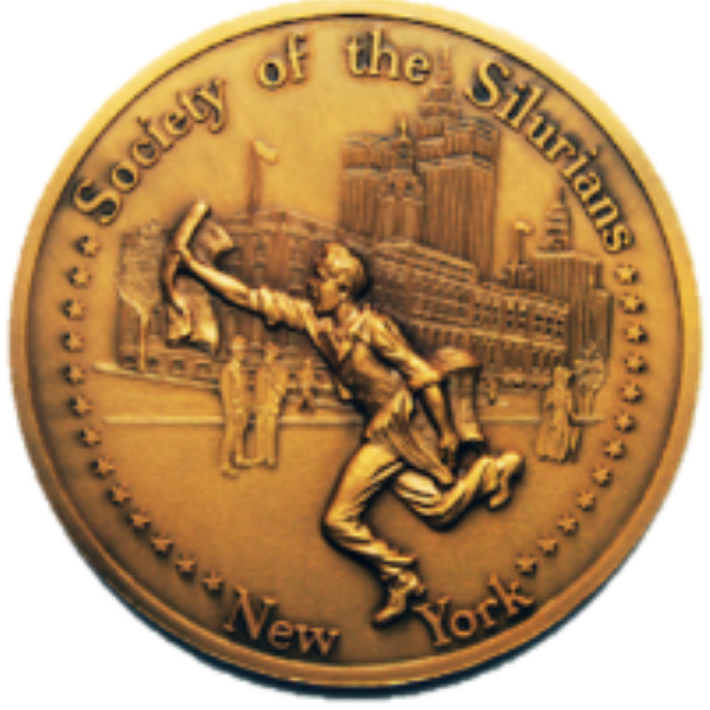
Sheelah Kolhatkar
Sheelah Kolhatkar: crypto dreams, then there’s reality
By David A. Andelman
How Sheelah Kolhatkar came at cryptocurrency, through a side door into the heart of Bankman-Fried’s family, was a heart-pounding yarn that the author spun out to a spellbound audience of Silurians at the first monthly lunch of 2024.
“They felt very strongly that their son had been had not been given a fair opportunity,” she began, recalling her first encounter with the young felon’s parents. “You may disagree with this or not, but this was their view. They felt that they had not been given the opportunity to tell their side of the story and they felt, and I think still do feel, that he wasn’t treated fairly and that a lot of things he was accused of were misconstrued… So, they wanted a chance to just tell their side.”,
For her remarkable piece, “Parent Trap,” in the New Yorker, she talked with family members who “had been shaken by just how quickly the treatment of Sam in the press had changed. He had gone from being a god rock star hero [who was] going to be the world’s first trillionaire, and then suddenly like that he was the villain of the century.”
Above all, Sam “had convinced himself and other people, potentially his parents, that everything was going to be fine.” Ms. Kolhatkar paused. “And he might be right that if the crypto market had not crashed, he wouldn’t have had to pay everyone back at that moment…But the fact was, circumstances didn’t cooperate, and he suddenly had no money and lost everyone’s money.”
Which brings us back full circle to how Ms. Kolhatkar came to be writing about cryptocurrency in the first place. Her first career in the late 90’s was as an analyst at a hedge fund.
“I came to it with a completely clear eyed, intelligent but not well informed,” she said. “I remember being stunned by what I observe going on in the market at that time. It made no sense to me at all. It was the era of pets.com going up to whatever crazy price. I just remember looking at these things and thinking this makes no sense. So, I’ve been very skeptical of financial assets and their values and the trading that goes on. It all seems very fishy and not rooted in reality.”
From there it was on to the New York Observer, where looking for a fact checker, Peter Kaplan “sort of famous for cultivating young talent, as soon as he heard the word hedge fund said, ‘wait a second, you know something about those people?’ And I said, yes…and that was basically how I started.”
Since then, she has recognized that business, finance, and money are so very much worth the effort to explore. “They are hugely important,” Ms. Kolhatkar observed. “They are the underpinning of everything, including what’s going on in Washington. I mean, there’s a lot of people want to write about culture. They want to write profiles of authors or celebrities, or they want to write about senators and presidential candidates.
“But money is the story underneath all of those things, driving all of it. And so, if you are comfortable in that world, you will always have a job and you will always have a wealth of really interesting, weird, challenging, but fascinating stories.”
“I was never convinced about crypto,” she said. ”I had never been completely sold.”


